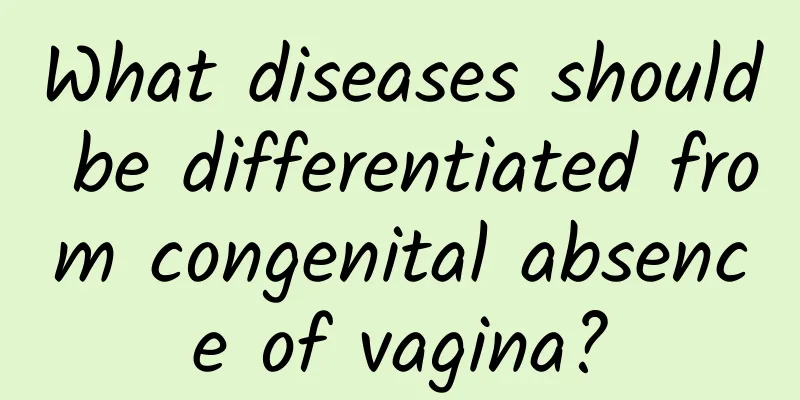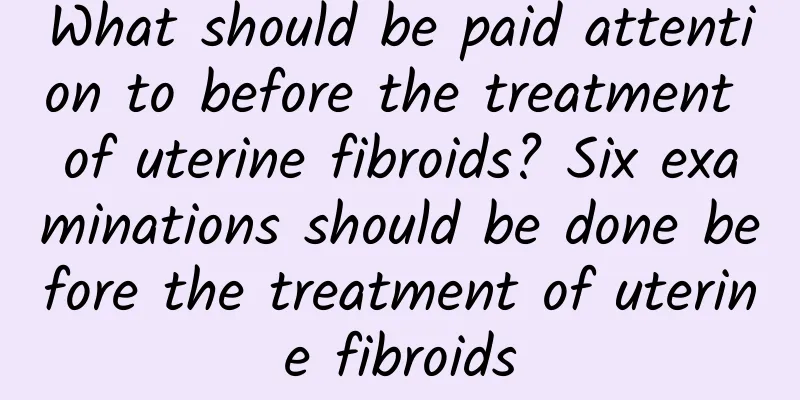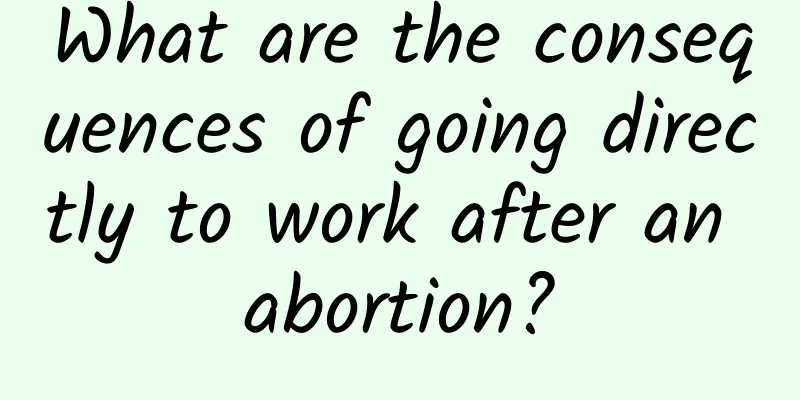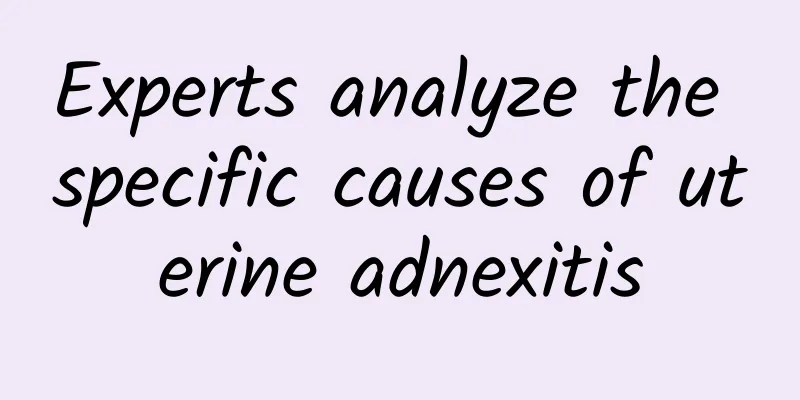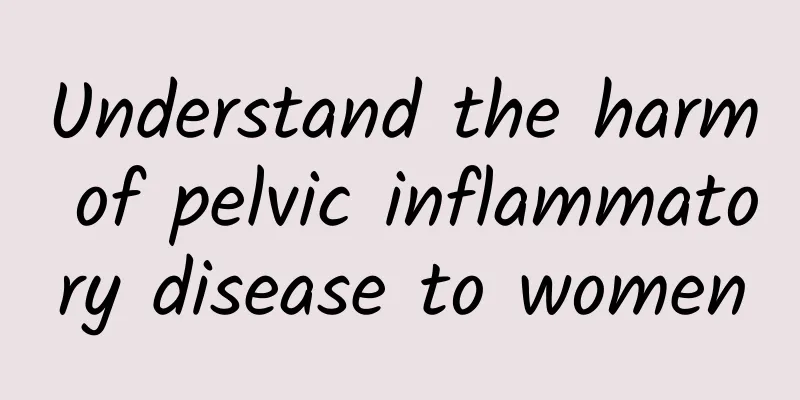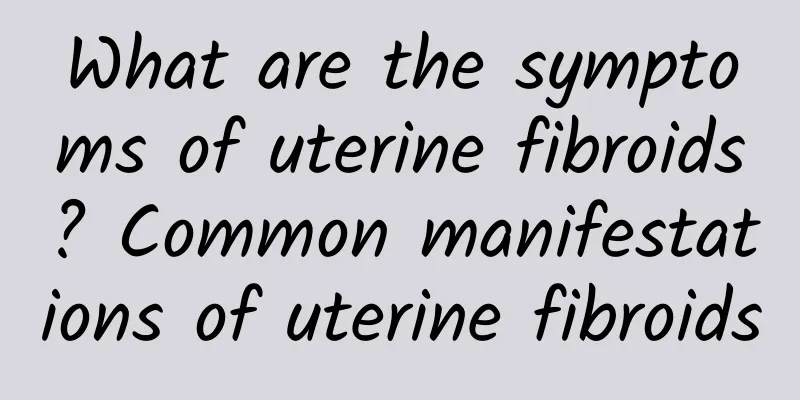Is it better to remove all uterine fibroids or to keep the uterus?
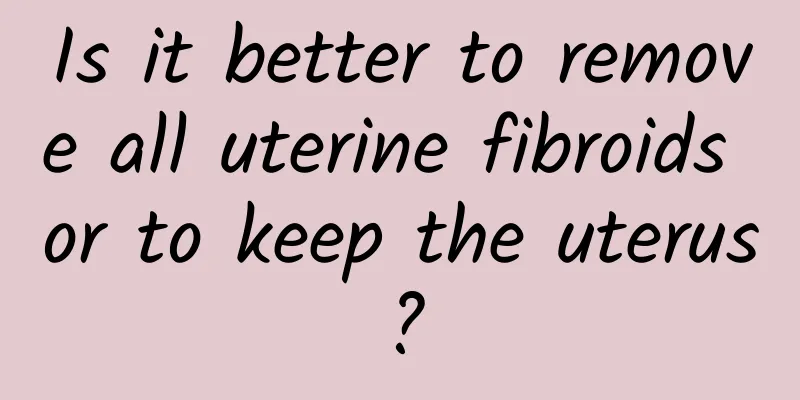
|
Whether it is better to completely remove the uterus or to keep the uterus requires comprehensive consideration based on the patient's age, clinical symptoms, whether there is a desire to have children, the location of the uterine fibroids, the condition of the cervix, etc. If the patient is young, has a desire to have children, hopes to retain reproductive function, and has no abnormalities in cervical cancer screening, uterine fibroid removal surgery can be considered, that is, it is better to keep the uterus. Otherwise, it is better to have a total hysterectomy. The specific analysis is as follows: 1. Age: It is generally better for young patients to retain their uterus. For women near menopause, if their clinical symptoms are severe after conservative treatment, they may need a hysterectomy. 2. Clinical symptoms: If only compression symptoms occur and have little effect on menstruation, uterus-preserving surgery can be performed; if compression symptoms occur and are accompanied by heavy menstrual flow and blood clots, the patient's condition has been long-term and accompanied by anemia, and drug treatment is ineffective, a total hysterectomy is required. 3. Whether there is a desire to have children: For young women who want to have children, myoma removal should be performed first and the uterus should be preserved. For patients who do not want to have children and have severe clinical symptoms, total hysterectomy can be performed. 4. Location of uterine fibroid growth: Uterine fibroids are located under the serosa and exert less pressure on the uterine cavity, so myomectomy can be performed; uterine fibroids grow in the myometrium and compress the endometrium, causing increased menstrual flow. If drug treatment is ineffective, total hysterectomy can be performed. 5. Cervical condition: Cervical cytology examination is performed before surgery to exclude cervical intraepithelial lesions such as cervical cancer. Myomectomy can be performed if there is no abnormality in the cervical examination. If the cervical examination finds suspicious cervical cancer, a total hysterectomy is required. After a total hysterectomy, the patient will not have menstruation and will not have fertility. In addition, because hysterectomy affects the secretion of ovarian hormones, the patient is likely to enter menopause earlier. Therefore, total hysterectomy should be carefully considered for young patients, unless there is a possibility of endometrial malignancy or suspected cervical malignancy. Patients with uterine fibroids need to seek medical attention in a timely manner and discuss surgical methods with their doctors based on their own conditions and illness. |
<<: What causes thick endometrium?
>>: What causes cervical erosion?
Recommend
What's going on if I have a threatened abortion but no pain or bleeding in my stomach?
Threatened abortion does not cause abdominal pain...
What are the ways to prevent endometriosis?
Endometriosis is a disease known as a devil. Mens...
What are the symptoms of uterine prolapse
Uterine prolapse may be accompanied by symptoms s...
Reasons why women of childbearing age often suffer from cervicitis
Women of childbearing age are at high risk of cer...
Early understanding of the symptoms of uterine fibroids is the key to treatment
In order to avoid the deterioration of uterine fi...
Even though you are not pregnant, your belly is still slightly protruding? Nutritionist: Eat more of these to boost abdominal fat burning!
Many office workers or students sit for long peri...
Yellow leucorrhea will not cause menstruation
Yellow leucorrhea will not cause menstruation Yel...
What department should women go to for uterine fibroids? What examinations should women do for uterine fibroids?
What department should women go to for uterine fi...
Why do women lose weight? Answer: Listen to the male whistle
Losing weight in order to fit into a bikini in th...
What are the main characteristics of painless abortion?
Among the many types of abortion surgeries, painl...
What are the measures to prevent irregular menstruation?
The sudden arrival of "Aunt Flo" makes ...
What can't you eat if you have adenomyosis?
Patients with adenomyosis need to avoid high-fat,...
Can insufficient blood supply cause amenorrhea?
Will insufficient blood supply lead to amenorrhea...
What should I eat if my period is delayed? How to treat delayed menstruation
Many female friends take medicine to regulate whe...
What are the symptoms of vulvar leukoplakia
Vulvar leukoplakia is also called vulvar white le...
